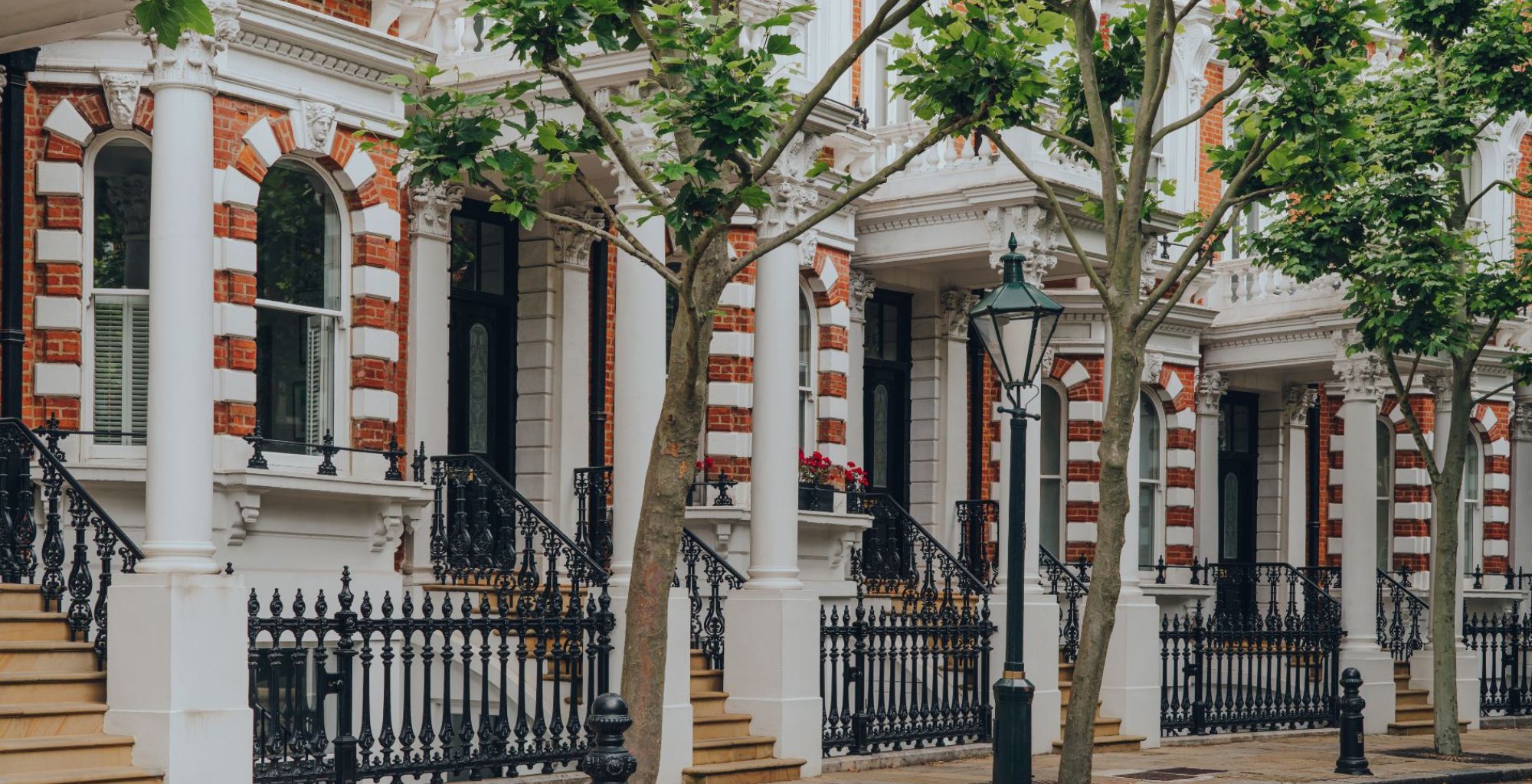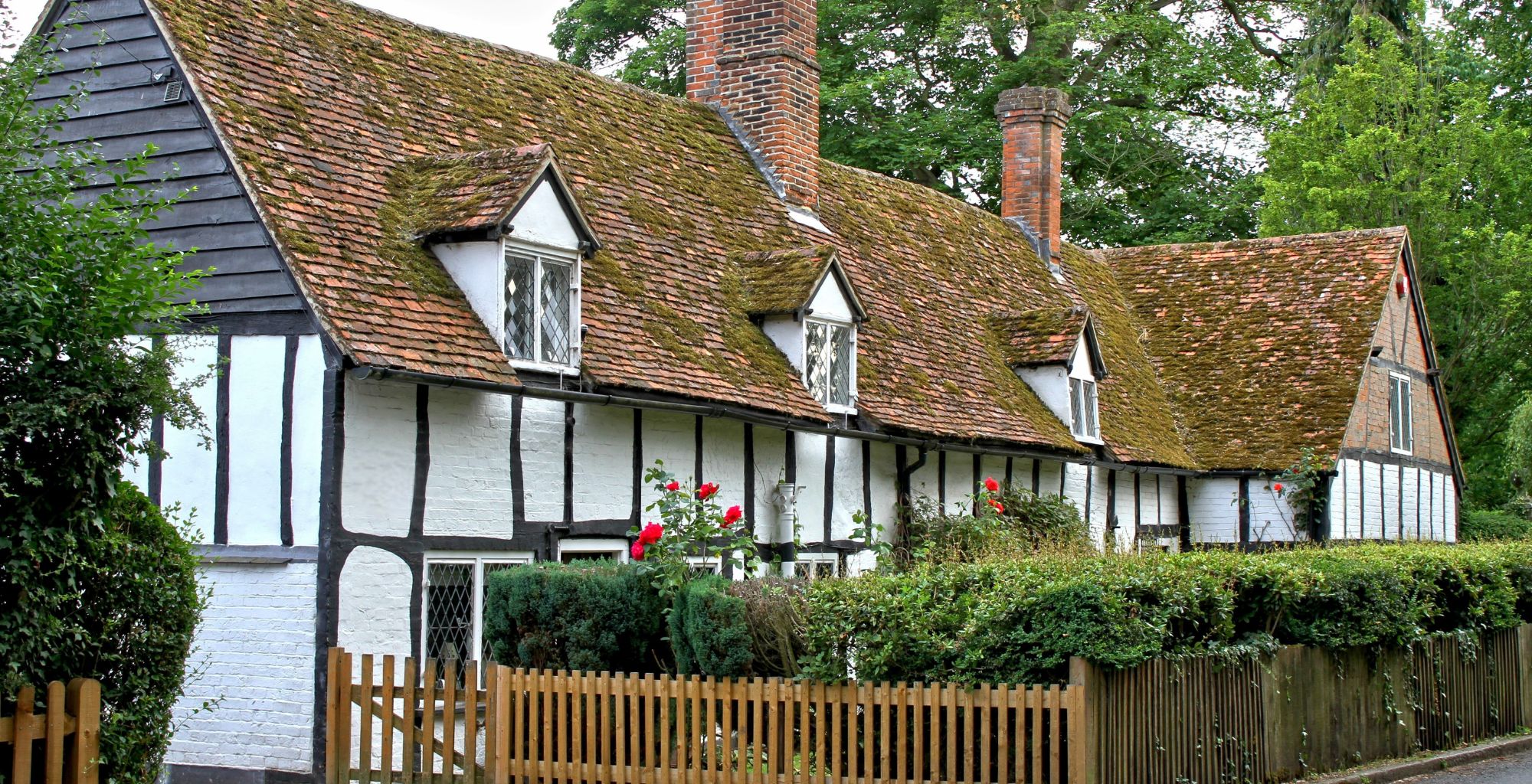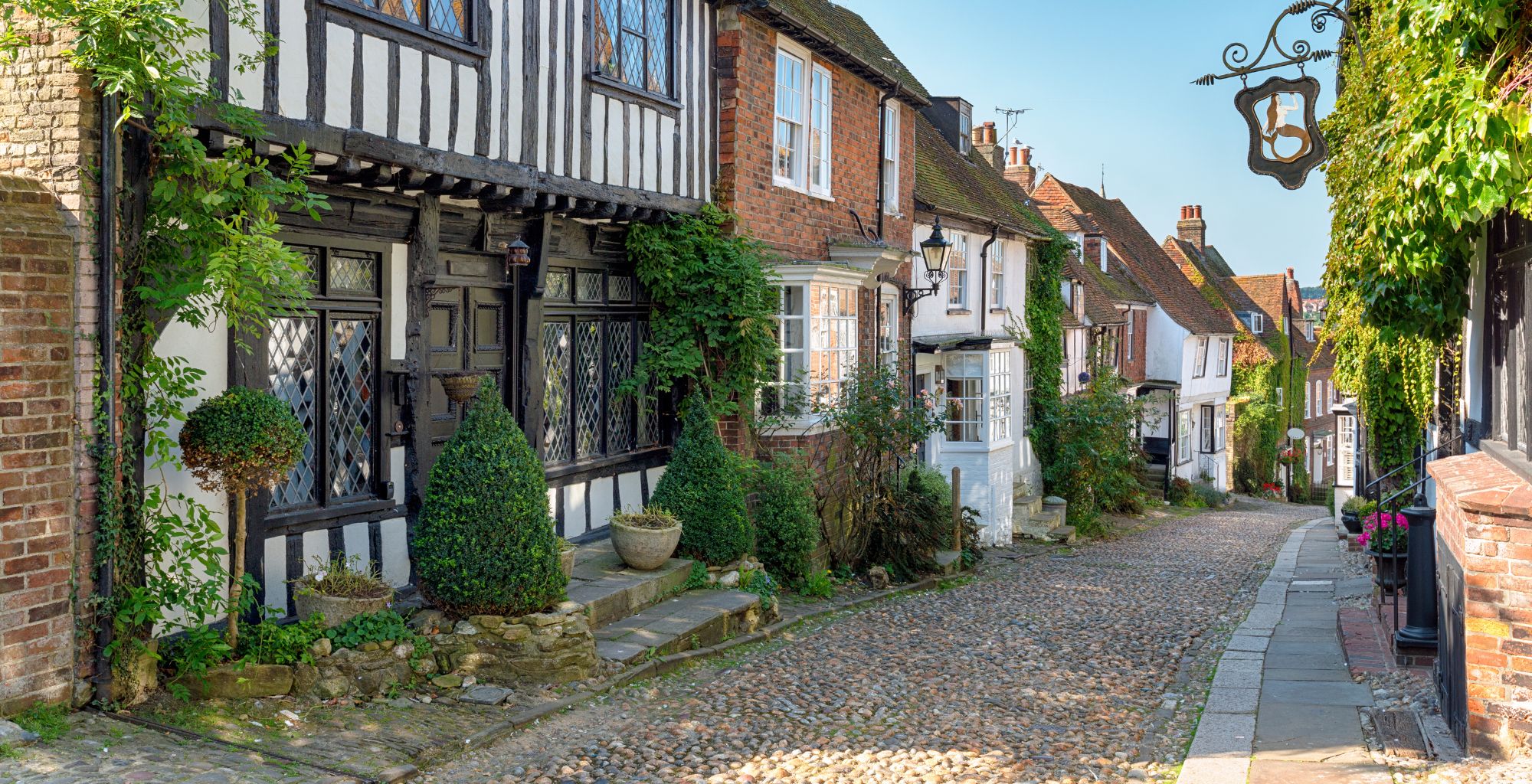As one of the most popular home counties, with so many locations that offer more than simply an easy...
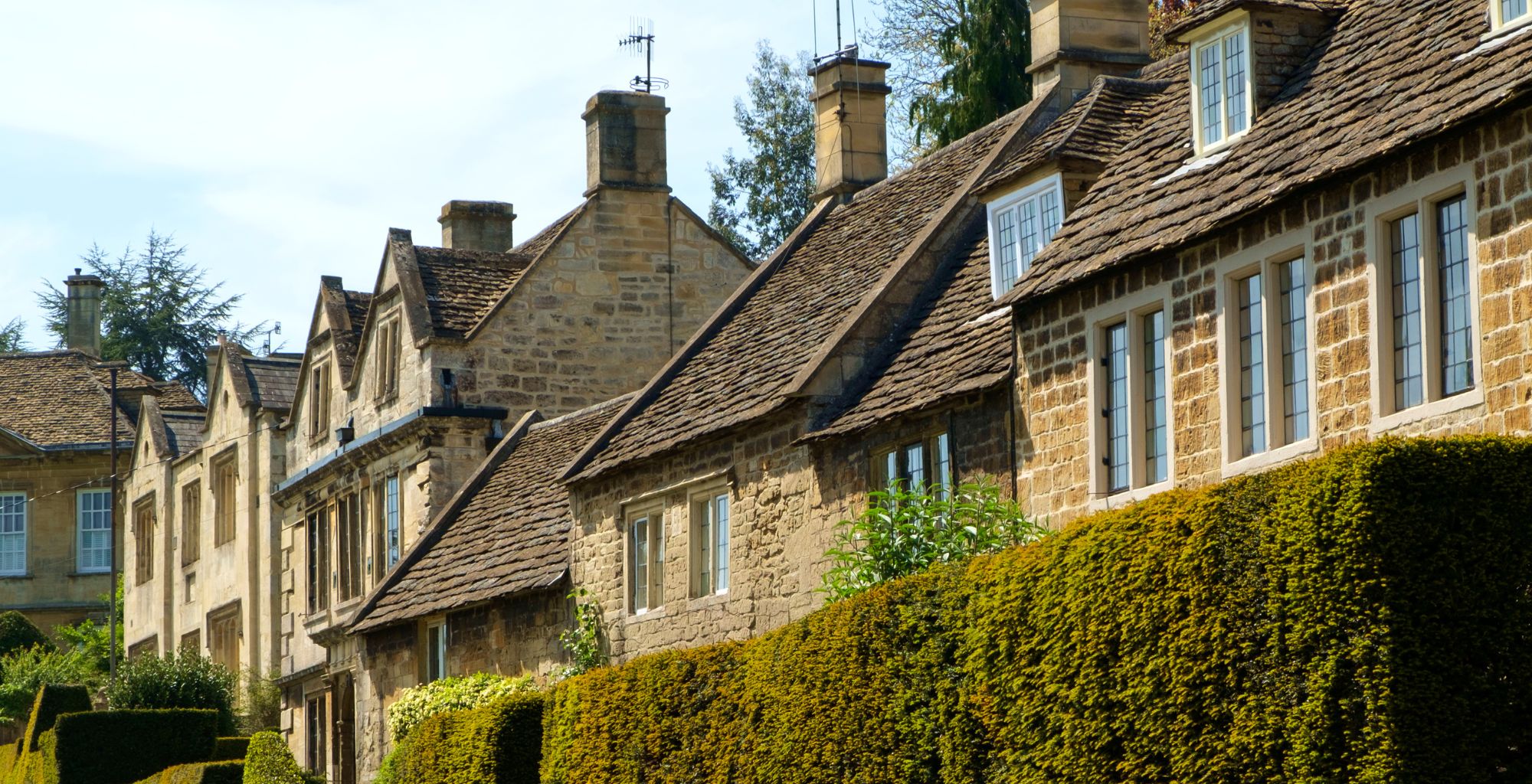
Common mistakes property buyers make
Professional property finders Garrington highlight some common mistakes property buyers make and offer expert advice on how to avoid them.
When purchasing a property, it’s important to approach the process with a level head to avoid making mistakes that can lead to regret.
From failing to do your research to overlooking important details, there are several common mistakes property buyers make that can prove costly.
Having assisted many clients in buying their homes, we are well-placed to share insight into the most common mistakes we’ve known unrepresented buyers to make.
1. Not being ready to buy a property
The first and most frequent of the common mistakes property buyers make is not being ready to buy.
Do you have a property to sell?
If the time has come to buy your next home, you may have a choice of whether to sell your existing home first or after buying your new property.
Selling first can give you a clearer idea of your budget, but it may also mean having to rent temporarily or move in with family or friends if the timelines of other parties in the chain do not align.
Caution is advised if buying first; you may not be able to sell your original property quickly or for the price you need.
Do you need a mortgage?
Unless you’re buying a property outright with cash, you’ll need to secure a mortgage.
It’s important to explore your mortgage options in advance of searching for a property as this can be a timely process.

2. Not reviewing your budget
Before starting your property search, it’s essential to ascertain your maximum budget. Not doing so is also one of the common mistakes property buyers make.
Remember there are other costs to consider when buying a property which can amount to several thousand pounds.
Costs for services, interest rates, and legislation dictating stamp duty calculations can change with little or no notice.
It is important to review these costs alongside your budget before committing to a purchase to ensure it’s still viable.
Additional costs associated with buying a property can include:
- Solicitor’s fees
- Stamp duty
- Survey fees
- Mortgage arrangement fees
It is also important to consider ongoing costs such as:
- Mortgage repayments and interest-rate rises
- Insurance
- Maintenance costs
- Council tax
By reviewing your budget, you can ensure you’re not overstretching yourself financially and will be able to meet your mortgage repayments.
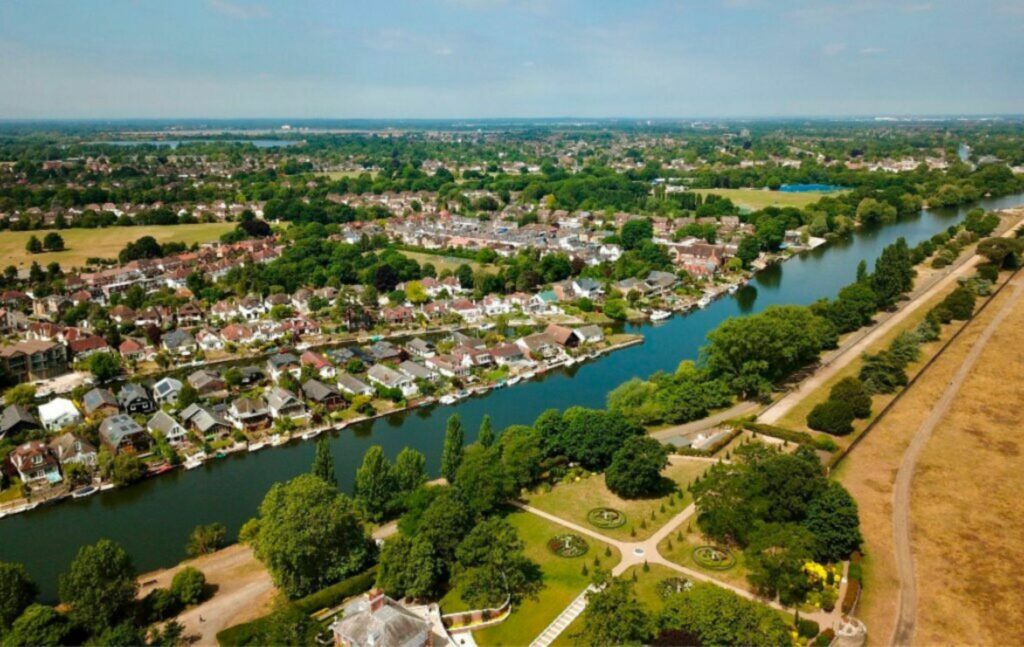
3. Appointing the wrong industry professionals
It’s true in most industries and property is no exception – cheap does not usually result in quality.
When it comes to buying a property it’s important to have the best team of professionals acting on your behalf. They will help you avoid some of the common mistakes property buyers make.
A good mortgage broker is key to getting your finances in order and finding the best mortgage for your situation. It’s not something you’ll plan to change often so make sure you’re happy with the people you’re working with.
It’s important to choose a solicitor who specialises in property law. You need to trust their judgement and ability and feel confident they’ll work hard on your behalf.
Property purchases do not always happen very quickly and can be frustrating when you don’t understand what you’re waiting for. Having a solicitor who you feel communicates well can make the experience much less fretful.
Your solicitor, mortgage lender, and estate agent will all need proof of your identity and address. Having your identification documents ready can save time and make the process smoother.
4. Not having a clear set of property requirements
Having an undefined set of property requirements can lead to a great deal of time being wasted looking at properties that simply aren’t right for you or your lifestyle.
Before we work with our clients we pull together a search brief based on their property and location requirements which acts as a mandate for the search.
Whilst this document may be amended throughout the search it’s important to have an idea of what you’re looking for from the outset.
5. Not knowing the property’s surroundings
Another of the common mistakes property buyers make is not doing thorough research before offering on a property. Buying without knowing the immediate surroundings can be a terrible mistake.
Spend time in the area
Study the area where your prospective new property is located so you get a feel for the neighbourhood.
We’d recommend you walk the routes you’d take if you were living there and visit the nearby places you’d be going to. Talk to local residents to get their opinion on the area.
Will it be noisy living there?
Noise pollution is a common issue for many homeowners.
Check if the property is near a busy road, train line or under a flight path.
Make sure to check the traffic flow on the road during rush hour to get an idea of whether it is a cut-through for traffic which will increase noise and traffic congestion.
Additionally, ascertain if there are any planned construction works in the area that may cause disruption.
Buying in an area that’s up and coming can be great for future potential capital growth. However, if you’re planning to live there, or even rent the property immediately, consider if the location works for you now.
The property’s outlook
Also, take note of the outlook and aspect, will the sun ever shine on your roof terrace or garden? Are you overlooked by your neighbours and what do you see when you draw the curtains?
It’s a costly mistake if you find that the property’s surroundings are less than desirable after you’ve purchased. You don’t want to feel you have to move again within a short space of time so be sure of the location, aspect, outlook and what’s next door.
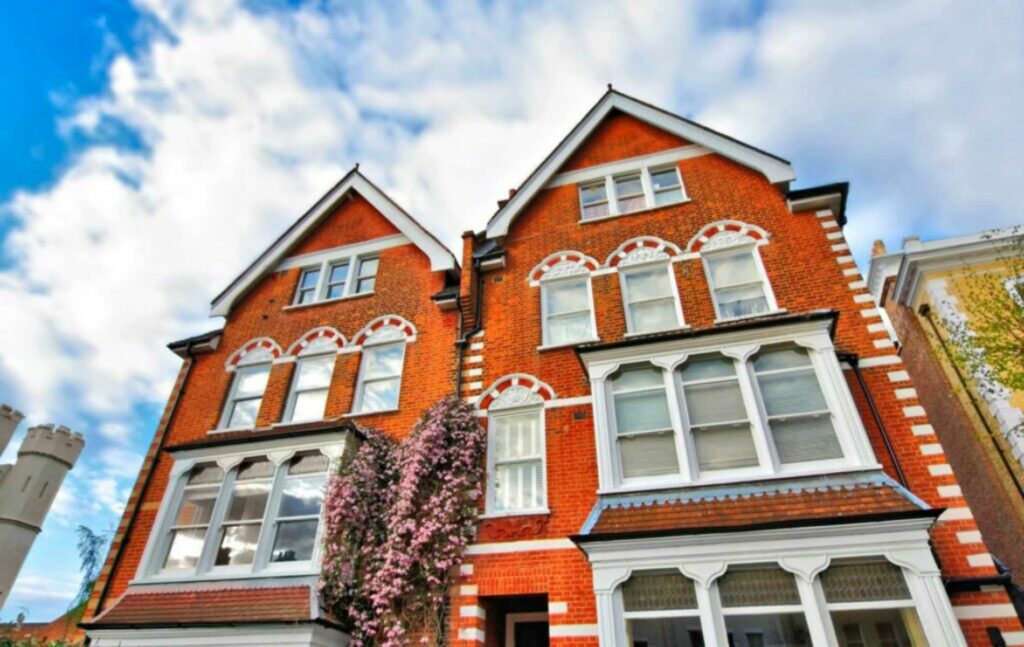
6. Not considering local amenities
Not considering local amenities is another of the common mistakes property buyers make. It is vital to think about your lifestyle and everyday needs both now and in the future.
If you have children, you will want to consider the journey to the school.
Moreover, if you rely on public transport, you will want to live near a bus route or train station.
Other considerations may include easy access to parks, shops, a post office, cafes, and restaurants to make life easier and more enjoyable.
Properties in areas with good access to amenities tend to appreciate more in value over time. Being too remote is unlikely to be desirable to most people and may result in a lower resale value.
7. Procrastinating
During your search for the perfect property, it is likely you’ll procrastinate, after all, property is usually our most expensive asset so it’s important to consider before deciding to purchase.
Ponder for too long and you may end up missing out. If a property is perfect but you want to check there’s nothing better be careful of just how much time you spend ‘making sure’ it’s the right property for you as someone else might snap it up in the meantime.
Registering your interest in a property with the selling agent can only be helpful in these situations.
By letting them know you are interested they can keep you informed if anyone else is making an offer.
They can’t give you any figures but at least you’ll get a fair warning in case you still want a second viewing or to make an offer yourself.
8. Making an offer based on emotions
Equally being too hasty can result in overpaying and other expensive mistakes.
High on the list of common mistakes property buyers make is making an offer based solely on their emotions. Avoiding this is essential but can be very hard to do.
When a buyer falls in love with a house this clouds their judgement. When making an offer, it’s crucial to keep a clear head and a solid understanding of the facts.
Some common emotional mistakes when buying a property include:
- Offering more than you can afford
- Offering more than the property is worth
- Ignoring potential issues with the property
Buying a property is a significant financial decision and must be approached pragmatically.
9. Making the wrong offer
Making the wrong offer is one of the common mistakes property buyers make. Buyers can sometimes feel like they have to pay the asking price to secure a property – this simply isn’t the case.
Price research
To avoid this, investigate what the property is really worth. This involves finding out what similar properties in the area have recently sold for, taking into account any unique features or issues the property may have.
If you’re buying a property in a competitive market, you may find yourself paying the asking price or even over the asking price. So make sure you’re aware of what’s going on locally before searching for property.
This local research is key as even if the property market is slumping in one part of the country that might not be true of prices and transactions 400 miles away.
Figure out the right strategy to secure the property
Once you have researched the amount to offer, it’s important to devise the right strategy to secure the property.
This primarily involves negotiating with the seller or their agent to agree a price. It may also involve considering other factors that will make you a more appealing buyer, such as flexibility over moving dates.
Negotiating is a notoriously difficult topic to write about as each and every scenario is unique. There is no one-size-fits-all approach to securing a discount.
Whilst we do not recommend entering extremely low bids which are miles from the asking price – as you’ll only upset the vendor and if you are genuinely interested it’s best not to get off on the wrong foot – if there is potential for movement from the advertised price try to secure a saving where you can.
Getting into a stand-off with a seller who won’t budge from their asking price is frustrating, depending on the situation you might need to walk away.
Refusing to pay the asking price on principle when the property has been fairly priced is foolish as it’s likely someone else will happily pay the price being asked and you’ll miss out.

10. Not having a property survey
Employing the services of an independent, local surveyor to conduct a building survey can prevent you from purchasing a property that may have serious issues that only come to light when you’ve already completed on the transaction.
During a survey, a surveyor’s examination will include the walls, roof, drainage, and more. They will look for signs of pests, damp, mould, and other potential hazards.
Failing to have a survey could be a very costly mistake.
If the survey reveals significant issues, you can either negotiate with the seller to have them remedied, reduce the price, or you can withdraw from the deal. An independent survey should not be confused with a bank’s mortgage valuation.
Avoiding common mistakes when buying a house
To ensure there are no unwanted surprises after making a house purchase, it’s of paramount importance that buyers conduct thorough research beforehand.
We’ve detailed the most common mistakes to avoid when buying a property but there are unfortunately other slip-ups that are possible.
Gaining a better understanding of the features, benefits, and potential drawbacks of a property or area will help you make an informed decision and avoid making any unpleasant mistakes when buying a house.
There can be many bumps in the road throughout the journey to purchasing a property in the UK, so using a property finder can help avoid the common mistakes property buyers make. To understand how we could assist with your property purchase please contact us.


